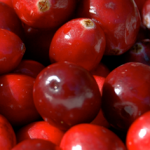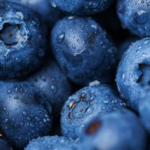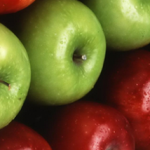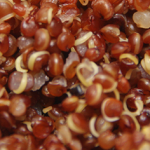Raspberries
Blurred Vision
Spikes in blood sugar associated with type 2 diabetes can have a strong impact on bodily fluids. An increase of fluid within the eyes can result in blurred vision, or even temporary blindness. Not only do the antioxidants in raspberries help to manage this symptom, they can also help to prevent it. Stress on the retinas is relieved, allowing for much clearer vision. This is a problem which is most frequently experienced early on, either right after or right before the onset of diabetes. Treatment of this symptom is highly important, as it can lead to long-term damages if the issue goes unaddressed. The antioxidants in foods such as raspberries might make all the difference in preventing this temporary symptom from becoming a permanent one. These antioxidants can also help to destroy cancer cells and free radicals, thus fighting some of the more extreme side effects of diabetes as well as the more mild ones.
Weight Loss
Raspberries contain an organic compound known as ketone, which can help the body to metabolize belly fat. Not only does this help in the promotion of weight loss, but it can actually help to prevent further weight gain as well. This is because raspberry ketone inhibits the body’s capacity for absorption of saturated fats. Instead of fat being stored and deposited in the abdomen, it is rather processed and burned as fuel. People at high risk of diabetes who have not yet experienced an onset of the disease should highly consider the consumption of raspberries for this property alone, as fighting obesity will help keep diabetes from occurring.
Blood Sugar
Raspberries help the body to create healthy proteins that assist the regulation of blood glucose levels. The specific protein associated with raspberries is called adiponectin, and is known not only to maintain current blood sugar levels but also to keep such levels from spiking dangerously. Adiponectin also helps to disintegrate body fats, furthering to the propensity of raspberries to promote healthy weight loss.Insulin
Adiponectin not only regulates blood sugar, it also helps to increase the body’s insulin levels. On top of that, it raises the body’s sensitivity to insulin’s effects. Since both the shortage and the resistance of insulin are primary issues associated with type 2 diabetes, adiponectin can be deemed a key factor in the reversal of diabetic symptoms. The increased effectiveness of insulin helps greatly in the maintenance of metabolic function, allowing sufferers of adult-onset diabetes to take fewer insulin shots.
Conclusion
The various nutrients and organic compounds in raspberries help to fight most major side effects, both mild and extreme. These include blurred vision, obesity, high cholesterol, high blood sugar, low insulin and insulin resistance, and even potential cancers. Diabetics with a sweet tooth will definitely want to opt for foods such as raspberries rather than processed sweets or junk foods, as the health benefits are not only numerous, but almost specifically geared toward the management of type 2 diabetes symptoms.

























